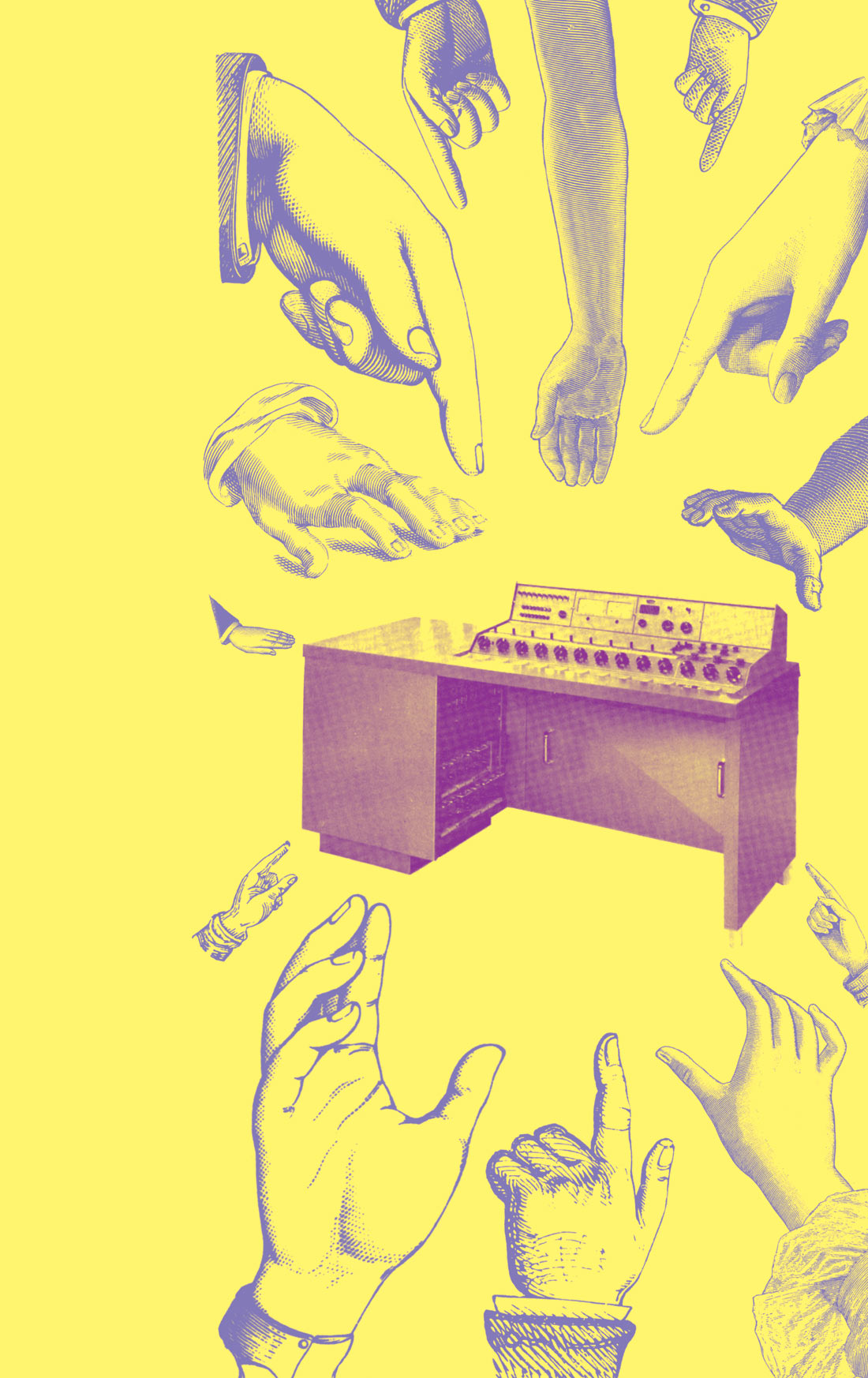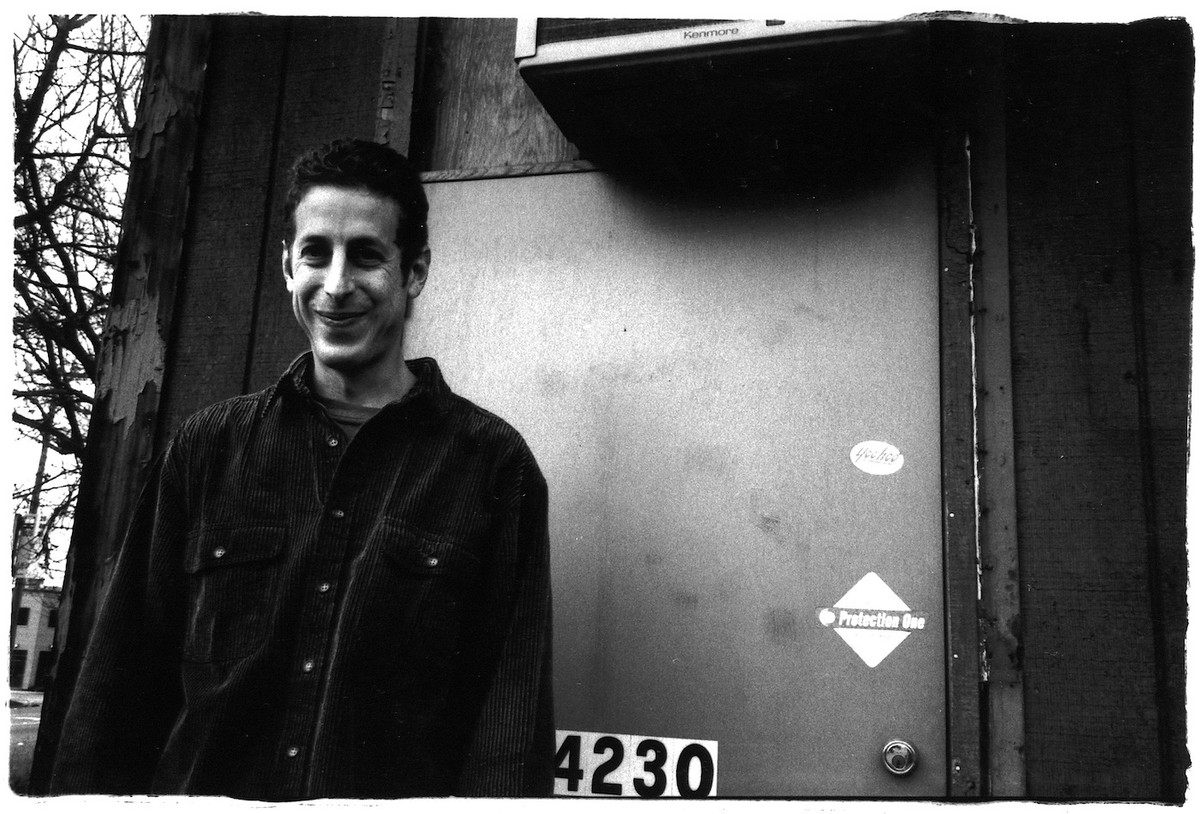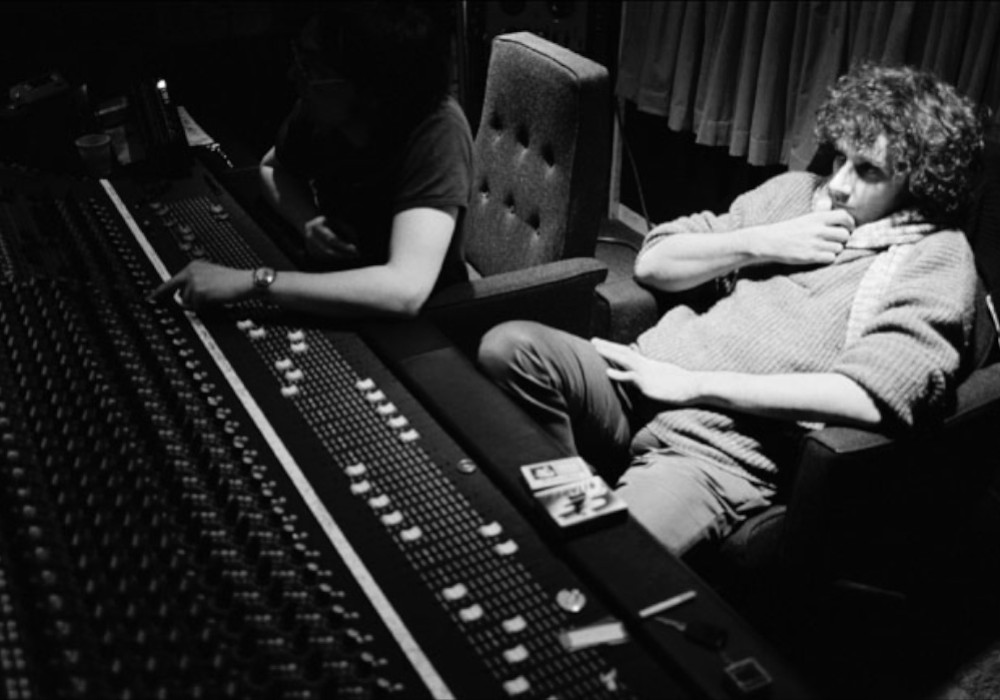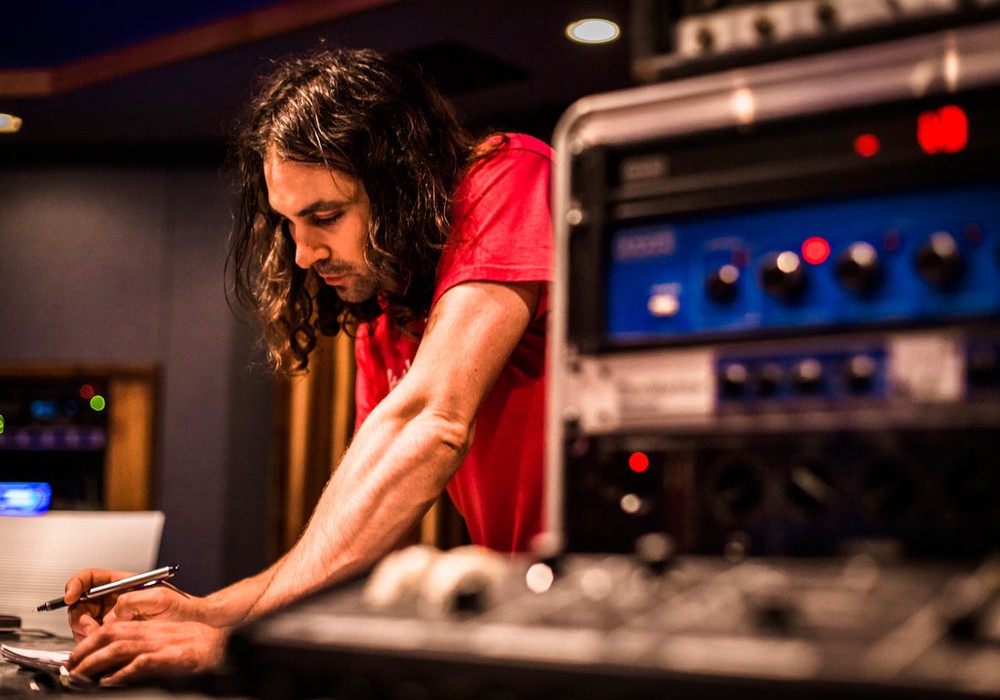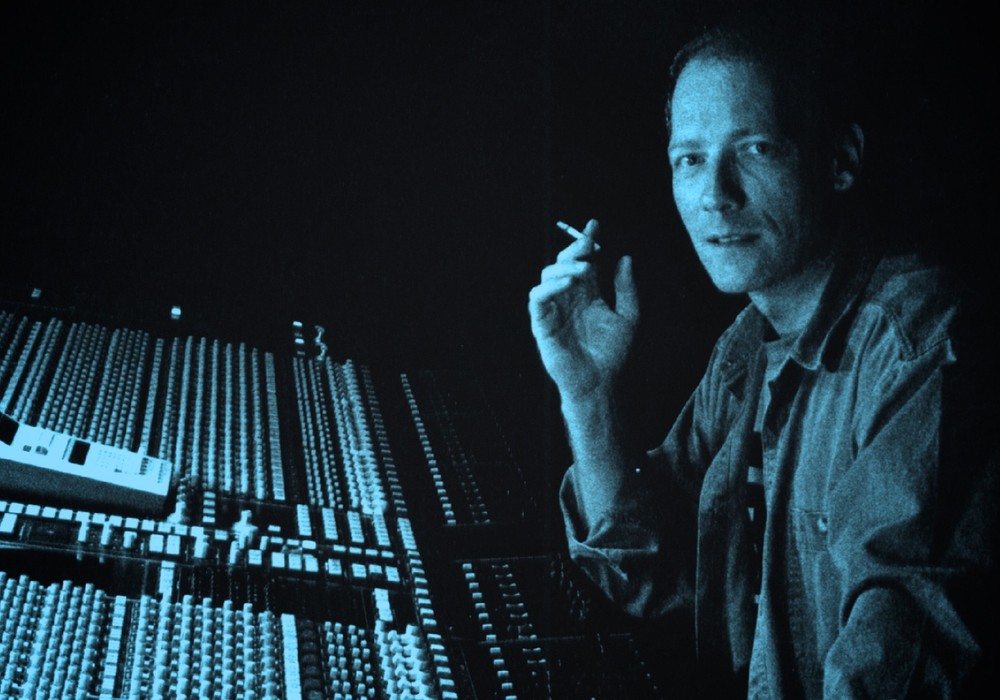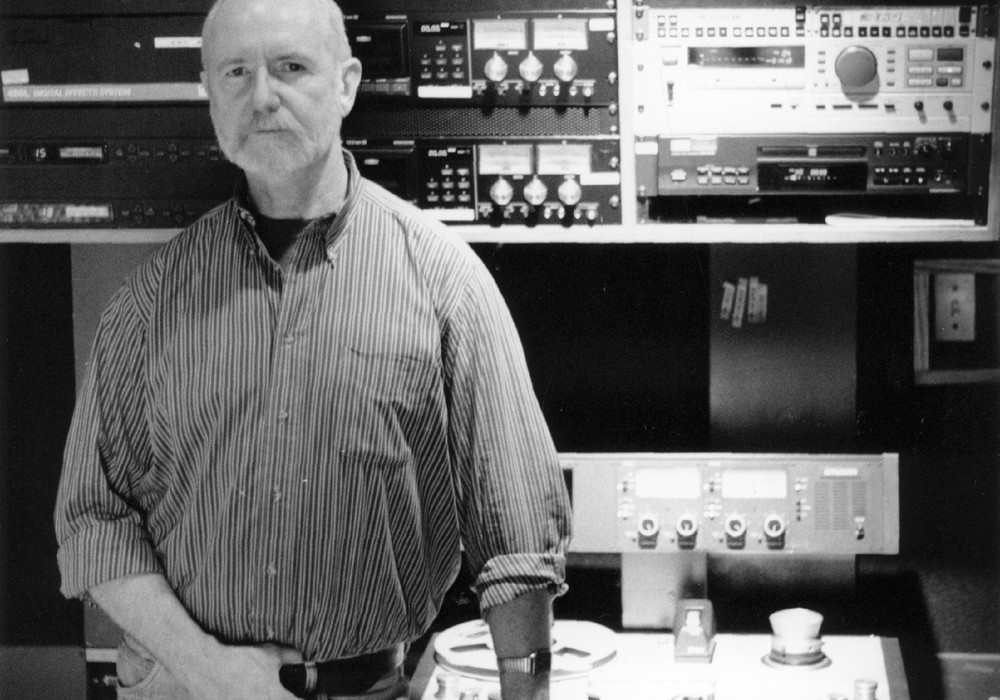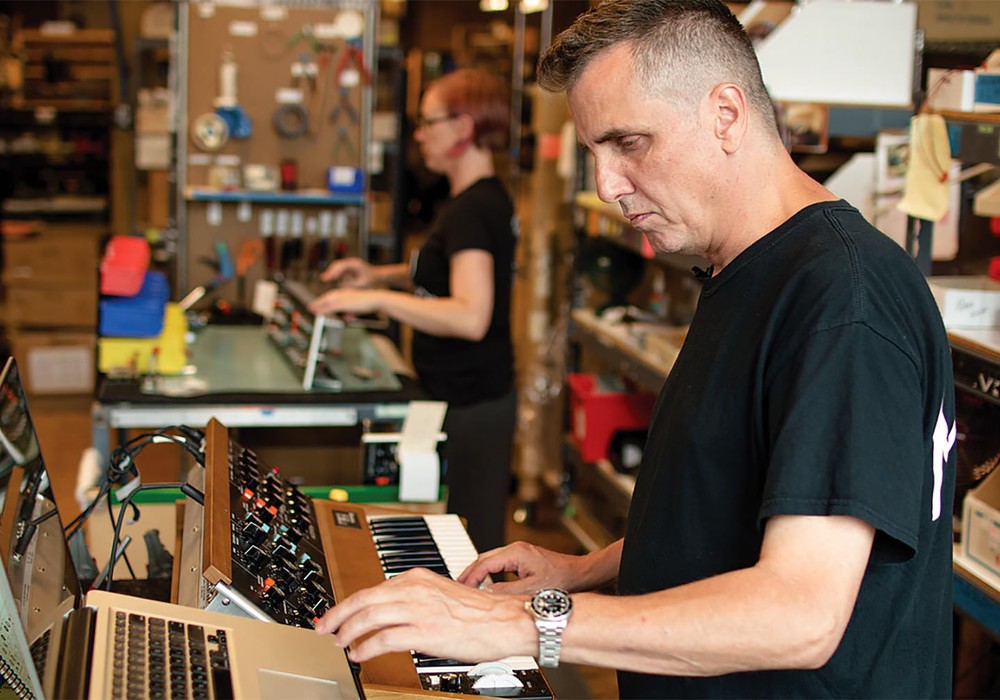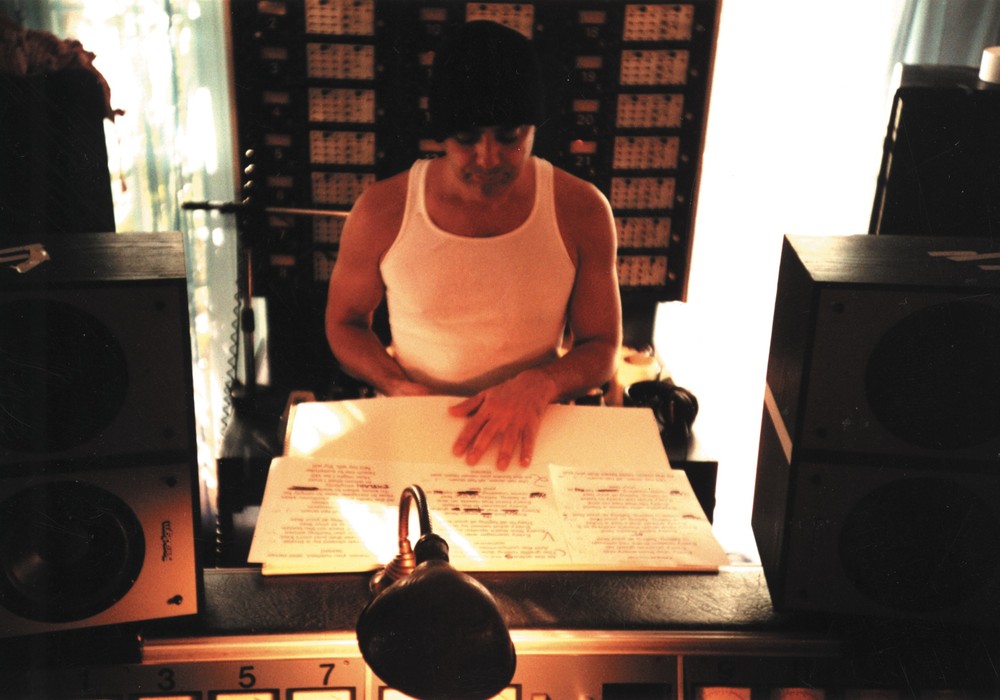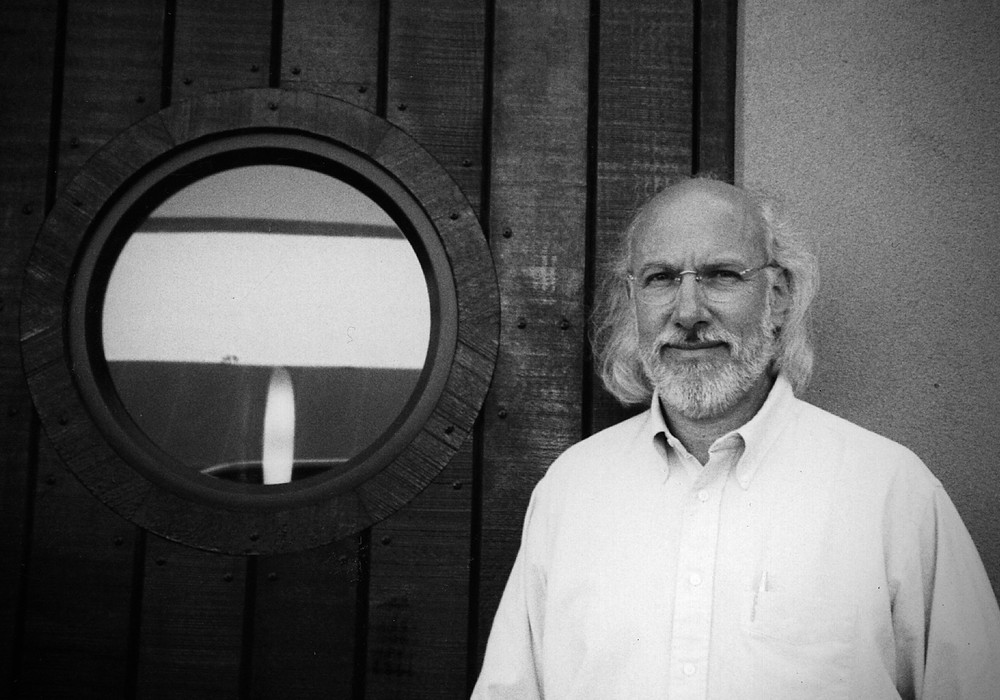What were some of the first releases to come out of Avast!?
The first CD release that came out of Avast! was Christ on a Crutch's Crime Pays When Pigs Die with Nate Mendel [Sunny Day Real Estate, Foo Fighters] and Eric Akre [Treepeople, Citizens Utilities, Goodness]. Steve Fisk produced The Treepeople's Guilt, Regret, Embarrassment, as well the Jesse Bernstein record which was started while Jesse was still alive and finished after he died. I was very busy doing albums, 7 inches, & demos. The Screaming Trees did a round of demos here with Don Fleming for Sweet Oblivion. The Screaming Trees just have this sound, they're just always themselves. I asked Mark Lanegan jokingly as the session was concluding "why does Epic need to hear a demo of the new stuff? Couldn't you just send them one of your old tapes?" He laughed and said, "They just want to make sure we still sound exactly the same."
What are some of your favorite sessions or bands that you have worked with?
Some highlights? One of my favorites would be the Hater record. It was sort of a moment captured on tape. It's an informal pile of mistakes and jokes that comes out so musically. There are so many unplanned moments on that record that are just gems. The Jesse Bernstein album with Fisk, Jesse reading his poetry with Fisk doing the music. That will always stand out as a classic Avast! record. A recent highlight is Maktub. I keep playing their Subtle Ways CD for people and they are like, "What is this, where can I get one?" The Treepeople's Guilt, Regret, Embarrassment has a lot of depth and texture. A really quick record done in 5 days... tops. All the Built to Spill stuff. Doug [Martsch] has a fondness for recording here, he really goes out of his way to make sure that pieces of his records get recorded here. He consciously supports Avast! because he is a nice guy.
How did you end up in Evergreen's recording program?
If you knocked on Evergreen's door and said "Hey, I want to study recording, and be a recording engineer," they'd say, "Go to a vocational school." What they wanted to teach you was a fully rounded interdisciplinary liberal arts education. If you mentioned that you were interested in recording they would tell you to get lost. I wanted a full education, but still had to finagle my way in there. They had very few students in the department. There might be 10-15 students studying recording at one level or another at any one time. Evergreen's communications lab building was built in 1977 and it was fully outfitted with approximately the state of the art equipment at that time. It had an Ampex 2" 16-track tape machine; it had a fairly large API 2488 console, pretty good mic collection. Neumans, AKGs, RCAs, the standard good old mics of the day. Basically what's considered vintage now is what they had then. Besides the 16-track studio they had three 4-track studios with nice recording spaces attached to them. Because there was so much time, space, and gear you could actually get hours and hours... days and days of recording experience there. It was great.
It seems that it was a real vibrant time to be attending Evergreen?
At that time Olympia felt slightly like the center of the universe. Bruce Pavitt, who started Sub Pop, was there. Steve Fisk who was just leaving had made a real influence on the scene as a performer/engineer/producer. Calvin Johnson [#32] was making cassettes in his bedroom and selling them through little flyers and word of mouth as the genesis of K records. During school I bought a PA and started doing live sound for local bands. That included Nirvana, Mudhoney, Screaming Trees or touring bands like Fugazi. I felt slightly misplaced. I really wanted to do recording but here I was doing sound for punk rock shows. On the other hand, when I did eventually move up to Seattle I knew all the early Seattle rock bands. I was acquainted with them, friends with them. They knew me from doing live sound and...
